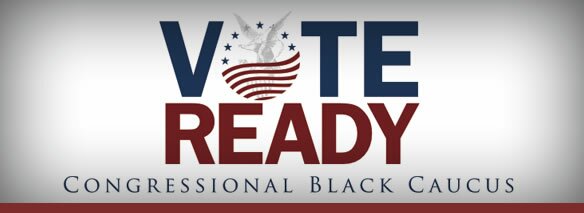Background
Since the election of President Barack Obama in 2008, many states throughout the country have enacted or proposed strict voting laws that impose unfair restrictions on eligible voters across the country. It has been estimated that block the vote efforts through restrictive voting legislation could prevent as many as 5 million people from registering to vote and/or casting a ballot this election year. Since the beginning of 2011, 176 restrictive bills regarding voting laws have been proposed in 41 states total and to date, 16 states have already passed restrictive voting laws. Of these, at least 34 states have introduced laws that would require voters to show photo identification in order to vote, and 7 states have already passed and signed into law legislation requiring some form of voter identification legislation. Before the 2006 elections, no state had voter identification laws, either to register to vote or to vote at the polls on Election Day. At least 12 states have introduced laws that would require proof of citizenship, such as a birth certificate, to register to vote or to cast a ballot. Additionally, at least 13 states have introduced bills to end Election Day and same-day voter registration, limit voter registration mobilization efforts, and reduce other registration opportunities.
One of the primary contentions surrounding voting rights is the issue of photo ID laws, which require that those registering to vote or attempting to cast a ballot, present some form of  government-issued ID. Photo ID laws, like the ones that have been proposed in at least 34 states, are effective only in preventing individuals from impersonating other voters at the polls. However, the case of voter fraud is extremely rare. Election officials usually do a very good job of protecting against fraud. Voter disenfranchisement through outdated voting systems, system error, and improper management databases is a far greater problem than traditional forms of election fraud. Voter ID laws are further restrictive because most types of government-issued IDs cost money and time to obtain. For people on a fixed income or those who work multiple jobs, this can raise an undue barrier to obtaining identification, and can thus restrict their right to vote. Laws that require government-issued identificationto vote, not only come at an expense to voters, but they also come at an expense to the state. In many states that require photo ID, the state government incurs the cost of providing the identification to the voters.
government-issued ID. Photo ID laws, like the ones that have been proposed in at least 34 states, are effective only in preventing individuals from impersonating other voters at the polls. However, the case of voter fraud is extremely rare. Election officials usually do a very good job of protecting against fraud. Voter disenfranchisement through outdated voting systems, system error, and improper management databases is a far greater problem than traditional forms of election fraud. Voter ID laws are further restrictive because most types of government-issued IDs cost money and time to obtain. For people on a fixed income or those who work multiple jobs, this can raise an undue barrier to obtaining identification, and can thus restrict their right to vote. Laws that require government-issued identificationto vote, not only come at an expense to voters, but they also come at an expense to the state. In many states that require photo ID, the state government incurs the cost of providing the identification to the voters.
The CBC is particularly vested in the issue of voting rights because it has been a historically relevant and important issue in our community. Moreover, not only is voting a fundamental right of American citizens, but restrictive voting laws disproportionately affect minorities, the elderly, the young, and low-income communities. Voter ID laws specifically have a highly disproportionate impact on these communities. While 11% of all American citizens lack photo ID, a whopping 25% of African Americans lack photo ID. Moreover, 15% of those earning less than $35,000, 18% of citizens over 65, and 20% of voters ages 18-29 lack photo ID.
During this election year, the CBC is doing all it can to to protect voters’ rights and to ensure that no eligible voter is turned away from the ballot box. Our members are doing everything from speaking out vocally against restrictive state voting laws, to proposing federal legislation to maintain access to the ballot box, and working with outside organizations to educate voters on the voting laws within their states.
- History
- State and Federal Legislation
- Resources
